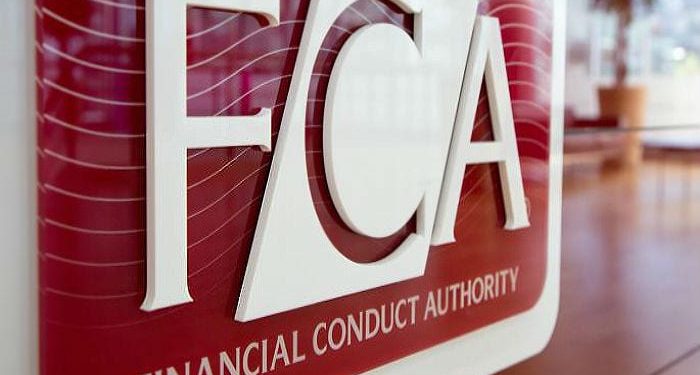Guidance on Anti-Greenwashing Rule
The UK Financial Conduct Authority (FCA) releases guidance on anti-greenwashing rules, aiming to improve the sustainable features of corporate products and services and reduce the damage caused by greenwashing.
The guidance on anti-greenwashing rule is one of the measures finalized by the previous Sustainability Disclosure Requirements. The UK FCA has previously released relevant consultation documents and received a total of 69 responses. These responses generally support the FCA’s establishment of anti-greenwashing rules.
Related Post: UK FCA Issues Sustainability Disclosure Requirements for Investment Products
Background to Guidance on Anti-Greenwashing Rule
FCA finds in previous surveys that consumers have a high interest in sustainable products and services. In the Financial Lives Survey, 74% of respondents believe that environmental issues are very important to them, and 79% of respondents believe that companies need to bear social responsibilities in addition to making profits. As companies continue to make statements and claims related to sustainable development, some exaggerated, misleading and unsubstantiated issues have gradually emerged.

FCA wants to protect consumers from greenwashing so they can make decisions that are consistent with their sustainable preferences. At the same time, FCA hopes to create a level playing field for companies in the market and increase stakeholder confidence in sustainable products. Transparency and accuracy in the provision of products and services can also contribute to the development of sustainable financial markets.
Contents of Guidance on Anti-Greenwashing Rule
The FCA has taken into account the regulatory principles of the Financial Services and Markets Act and integrated responses to the consultation paper to develop guidance on anti-greenwashing rules. Guidance on anti-greenwashing rules will regulate the conduct of businesses, requiring that sustainability-related statements they make must be fair, clear and not misleading. It applies to businesses that provide products and services (including financial products and services) to UK customers and also includes relevant sales information.
Guidance on anti-greenwashing rules believes that sustainability claims should:
- Correct and capable of being substantiated: Companies should not state or imply untrue products or services, nor should they exaggerate the sustainability and positive environmental and social impacts of products or services. At the same time, companies need to deliver on the claims made and have appropriate evidence to support those claims. In addition, companies need to regularly review sustainability claims and evidence to ensure they comply with anti-greenwashing rules. For example, the FCA states that if a company claims that its fund investment scope does not include fossil fuels, but its investment includes companies that produce, sell, and distribute fossil fuels, and the income earned by these companies from their activities is below a certain threshold, it violates the rule.
- Clear and presented in a way that can be understood: The claims made by the company should be transparent and direct, and consider whether the audience can understand the meaning of the terms. If a claim includes technical terms, it needs to be explained to the audience. When a company uses some images and logos, it needs to pay attention to whether these visual elements are consistent with the proposition. For example, the FCA states that if a company uses a picture of a rainforest on a web page and labels it with sustainable savings, but the actual savings products include green savings and non-green savings, it violates the rule.
- Should not omit or hide important information and should consider the full life cycle of the product or service: Companies should not omit or hide important information that may affect decision-making, and be concerned that statements may have sustainable negative impacts. If certain statements are subject to certain conditions, these conditions need to be clearly stated. For example, the FCA states that if a company’s fund product excludes companies with ESG ratings below 3, but does not disclose information about these ratings, the level of the ratings, and the reasons for using 3 as the threshold, it violates the rule.
- Comparisons to other products or services are fair and meaningful: When companies compare their own products or services with those of competitors, they need to clarify the objects and comparison ways. For example, if a company claims that its bond products have lower emissions than other bond products in the market, but does not specify which measurement method these emissions involve (such as Scope 1 2 3), and does not give a specific comparison date, it violates the rule.
Reference:
FCA Confirms Anti-greenwashing Guidance and Proposes Extending Sustainability Framework








